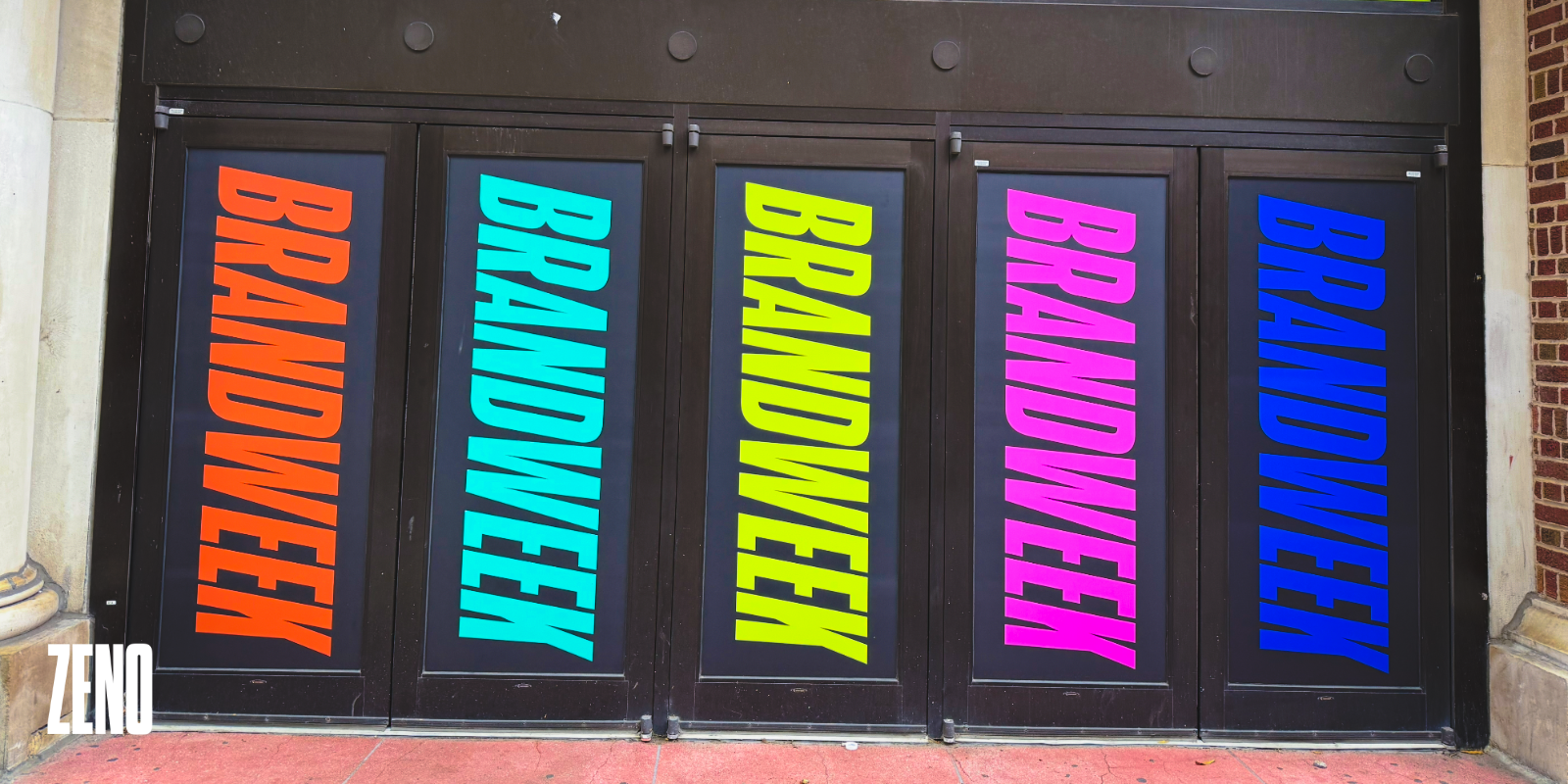From Brand’lanta to the Boardroom: PR’s Rise in Brand Conversations
By Mary Kennedy, SVP, Brand
11/19/25

Adweek lit up Atlanta last week, hosting Brandweek, a symposium designed to tackle today’s biggest brand challenges. Fittingly dubbed “Brand’lanta,” a city bursting with iconic brands (and plenty of Zeno clients), Atlanta is often overshadowed by New York and Los Angeles. As a PR pro, I relate. Our discipline brings lots to the table but is often reduced to one metric on a slide. What excited me most was seeing PR, like Atlanta, rising to claim a more visible place in the marketing mix. Amid the buzz, three insights resonated most:
Stop Talking About “Authenticity” Inauthentically
“Authenticity” was the buzzword in nearly every session. It matters, but authenticity today isn’t innovative; it’s table stakes. What is innovative is how brands build and express authenticity. That’s where the magic happens – from the return of Sprite’s iconic “Obey Your Thirst” tagline to Build-A-Bear reinventing its business model post COVID, and Newell Brands using AI to accelerate connection to consumers. When brands stay deeply rooted in their audience, values, and ethos, they unlock freedom to evolve, and it pays off. Every agency has strategists and tools to analyze audiences, but PR’s superpower is crafting a story so compelling it earns attention, it doesn’t buy it - but only when the story is grounded in authenticity.
Accountability Is the New Authenticity
It's been said that “with great authenticity comes great accountability.” Actually, it hasn’t, but it’s true. As consumers connect with and embrace brands, they also demand accountability. I grabbed my popcorn for the American Eagle CMO’s session on the Sydney Sweeney campaign. Through a PR lens, message discipline was apparent: he acknowledged the controversy, highlighted diverse partners, and consistently tied the conversation back to metrics like sales success, Wall Street response, and talk value.
Still, I found myself curious about the consumer side of the story. Was the controversy intentional? How did they anticipate the varied reactions from the diverse communities they’ve been engaging? And how were those considerations balanced against investor confidence and long-term trust?
That’s where PR plays its most strategic role, not just in managing reputation, but in anticipating how different audiences experience a brand’s choices, turning a potential lightning rod into lightning in a bottle.
Big Ideas Take Bravery. Bravery Takes Trust.
I loved hearing about big ideas, bold moves, and breakthrough campaigns. But the partners who kept it real about what it takes to make those moments happen were the most valuable. It boils down to trust. Brands win when they create work that builds consumer trust. They achieve that by building trusted partnerships: between brand and agency, creative and comms, data and instinct.
From a PR perspective, trust isn’t just an outcome; it’s the starting point. We help brands take that brave first step, guide them through risk, anticipate reactions, and ensure stories land with credibility. Bravery in brand building happens when brands trust their partners to push, challenge, and protect them in equal measure.
Final Thoughts
Seeing PR’s fingerprints on the work Brandweek showcased energized me, and recognizing our discipline’s growing influence was even more motivating. Brandweek will be back in Atlanta next year, and I anticipate PR will also return as a key player in the success stories shared on stage.
